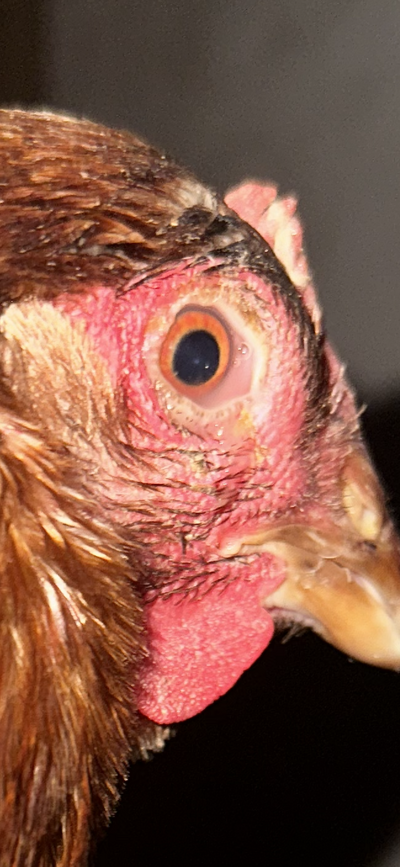Nellytheduck
Chirping
- Aug 23, 2021
- 33
- 64
- 84
Hi! So yesterday I brought home 4 new golden comet hens, and they’re in quarantine. Today I noticed this (see photo) what do I do?? It’s only one eye. I also have ducks and geese. I’ve read about what it might be, are the other birds in trouble??
What’s the point of quarantine if I’m going to roll the dice on bringing a chicken disease home and treating it either way?
What’s the point of quarantine if I’m going to roll the dice on bringing a chicken disease home and treating it either way?




